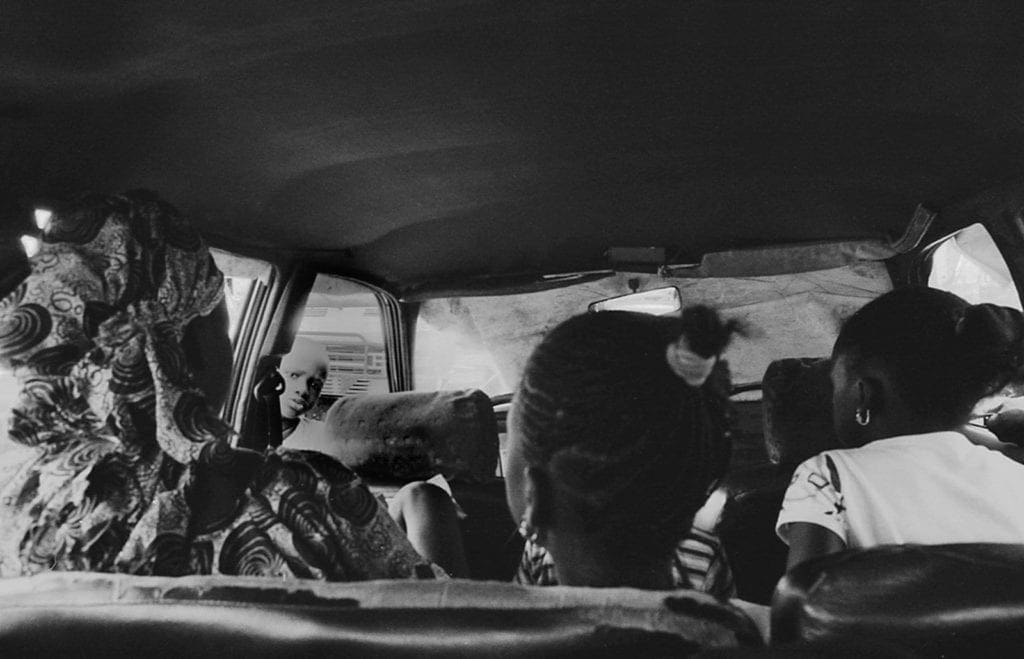At every bus stop, bus station or gas stations we are confronted by the talibé – from the Arabic “talib” student or disciple -, little boys between the ages of 6 and 15 who with their little plastic buckets beg for alms. There are many, many of them, and they all look alike.
They dress scruffily, are dirty, and above all, they approach each other in the same way. They follow you and touch you, almost reaching for your heart, until you grant them a few Senegalese francs. Their looks express sadness and resignation.
Passers-by tell me it is better to give them food instead of a few pennies, and many, leaving the city’s supermarkets, provide snacks, fruit juice and bread. They wander early in the morning and are usually formed into small groups. Someone older than them tells the novices where they should go and how to behave to get the most out of the day ahead. They do not smile and are just small cogs in the exploitation machine.
I saw them on the street until late, when the city traffic had almost completely thinned out. They are afraid of what awaits them when they return. I always wondered what they were driven by or who governed them, and one day talking to Ousmane, a friend from Dakar, he tells me that their story is one of hardship and suffering.

Marabouts
Taliban children come from rural areas of the country or from outside, from neighbouring states such as Mali, Mauritania, Gambia and Guinea, and are entrusted by low-income families to marabouts, i.e. teachers who teach the Koran. The aim would then be education in a religious environment under the direct responsibility of the teacher. However, in reality, many of the Koranic schools, the ‘daara‘, cannot financially manage all the children the families send, so the only possible means of sustenance turns out to be begging.
The Talibé live in poverty without adequate medical and health care and are subjected to violence and harassment by the marabout, which controls the outcome in monetary terms daily. Every night, each talibé must bring at least 500 Senegalese CFA, equivalent to 80 cents and be able to recite Koranic verses correctly. If they do not, the marabout beats them and often subjects them to psychological and sexual violence.
Moustapha
During my stay, I meet an Italian who has been working in St. Louis for five years and has been caring for a Talibé child named Moustapha for several months.
Moustapha is seven years old and comes from the northern region of Senegal. He is always sad and undernourished and his body shows signs of beatings. Our friend buys him T-shirts, shoes, and pants as well as feeding him, but within a short time Moustapha reverts to being the dirty, soiled child of a few days earlier; and even the flies show no mercy for him. The marabout had confiscated his new clothes to replace them with old rags, under the pretext of pitying passersby. Since 2015, the government has promoted laws that have not been enforced.
Since then, more than a thousand Taliban children have returned to their families, but almost all have returned to the ‘daara’ under the same marabout. The Senegalese government has not conducted any formal investigation against the Koranic school teachers accused of violence.


